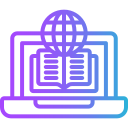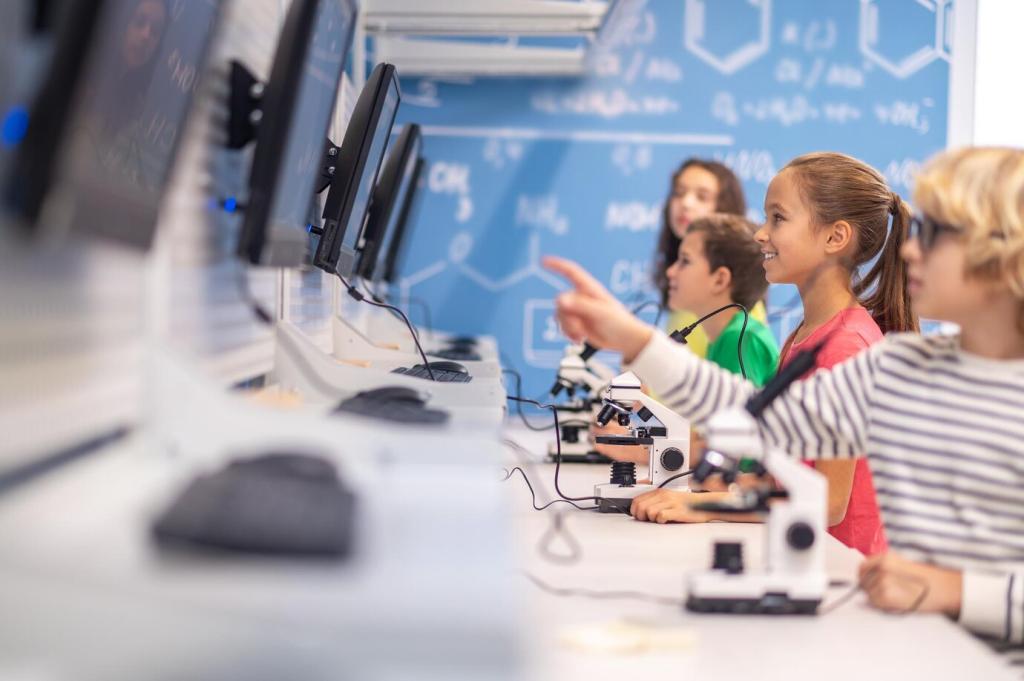Teaching and Assessment in a Digital Era
Short instructional bursts, interactive polls, and collaborative documents turn passive screens into active studios. Clear routines reduce cognitive load, while choice-driven tasks let students show learning in powerful, personal ways.
Teaching and Assessment in a Digital Era
Performance tasks, oral defenses, and reflective journals make cheating harder and learning deeper. When students apply knowledge to local problems, they create work they are proud to discuss and defend.




